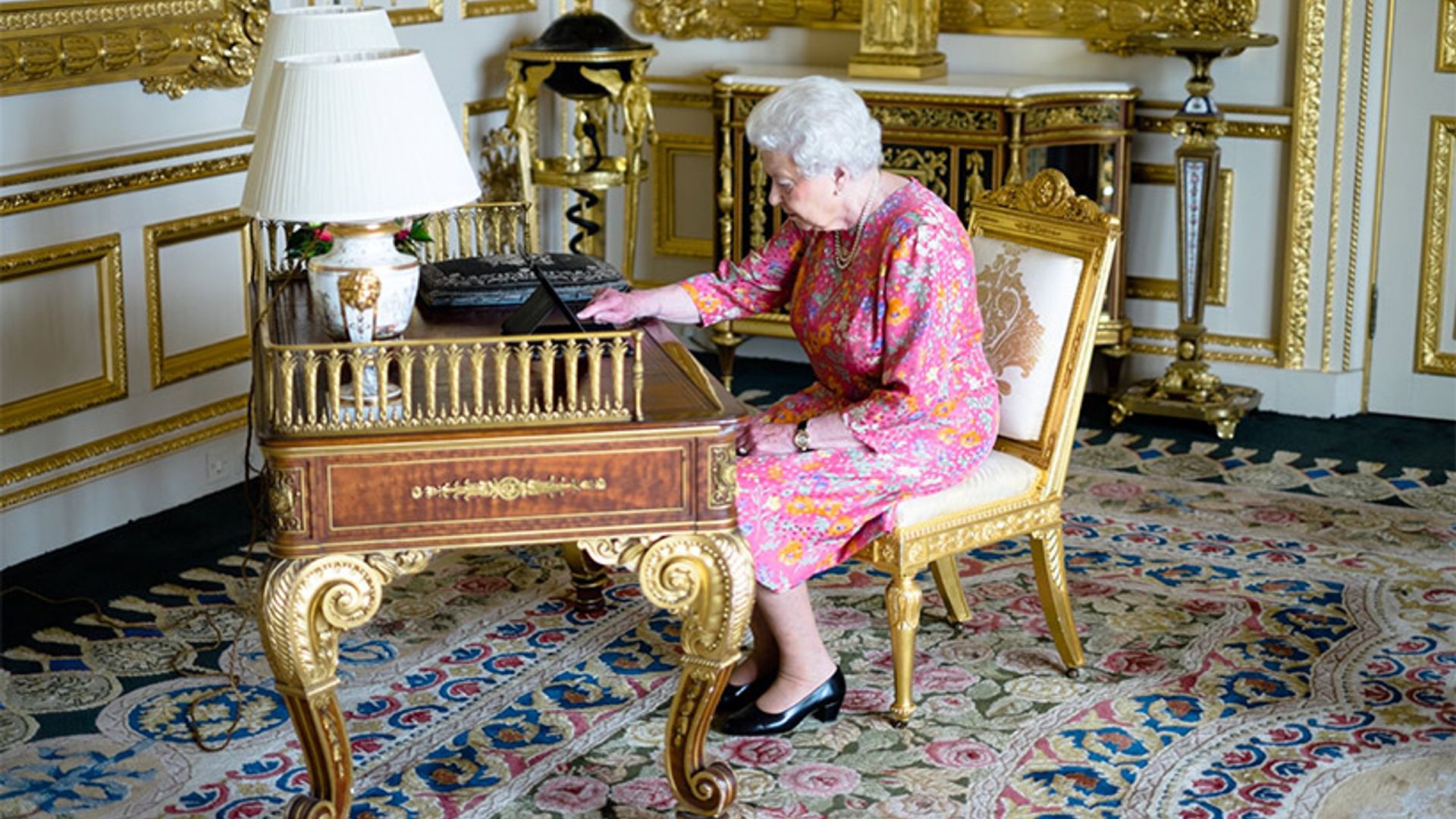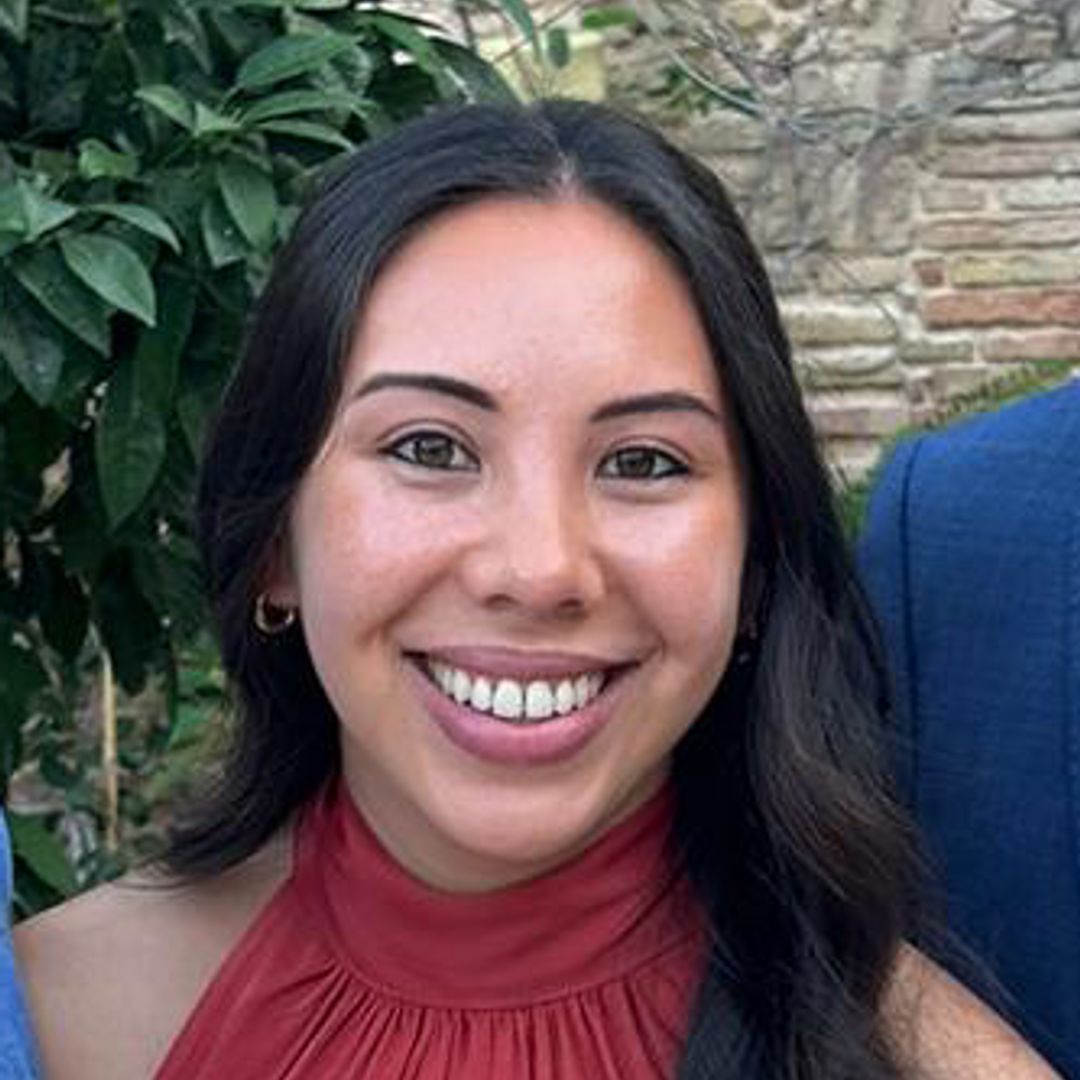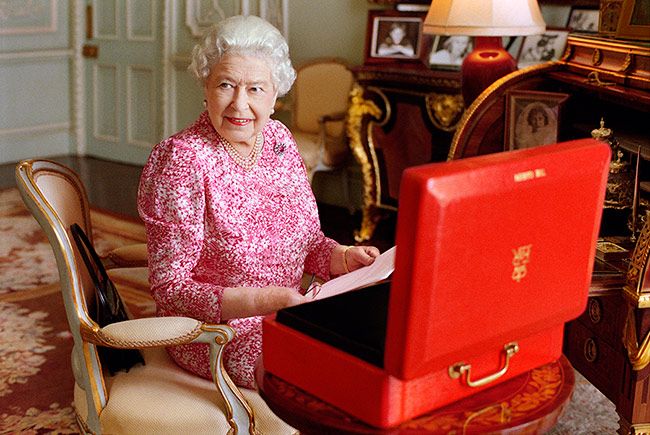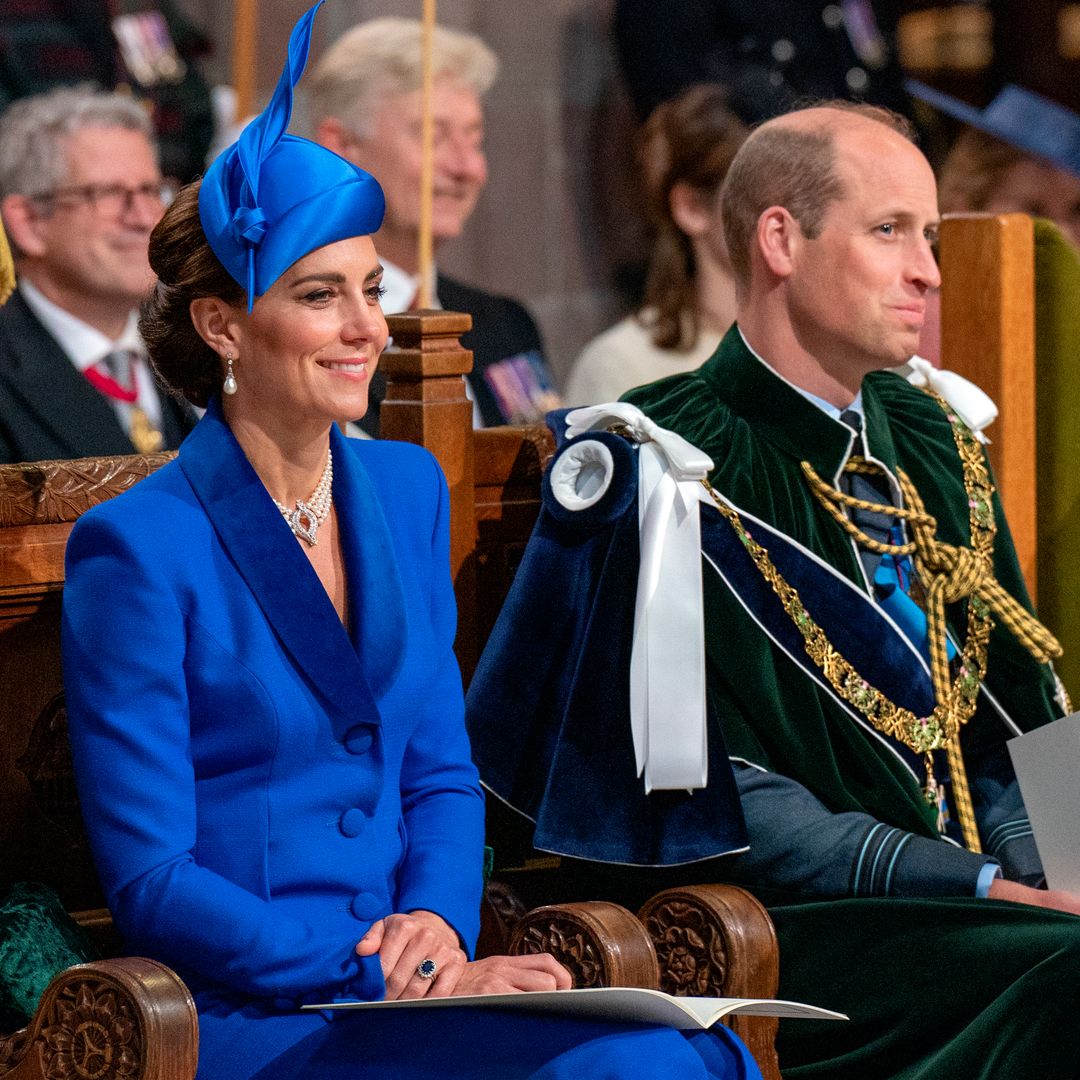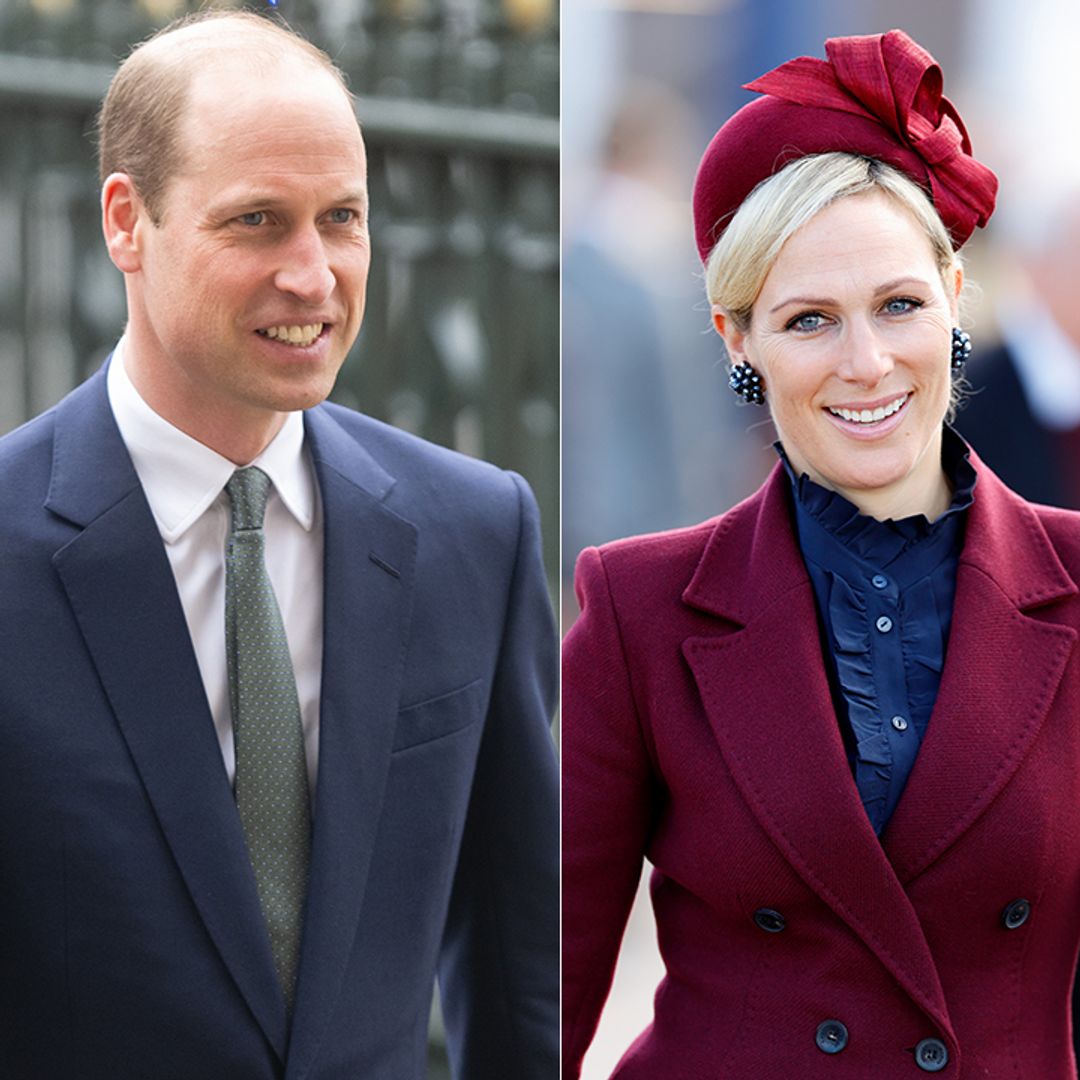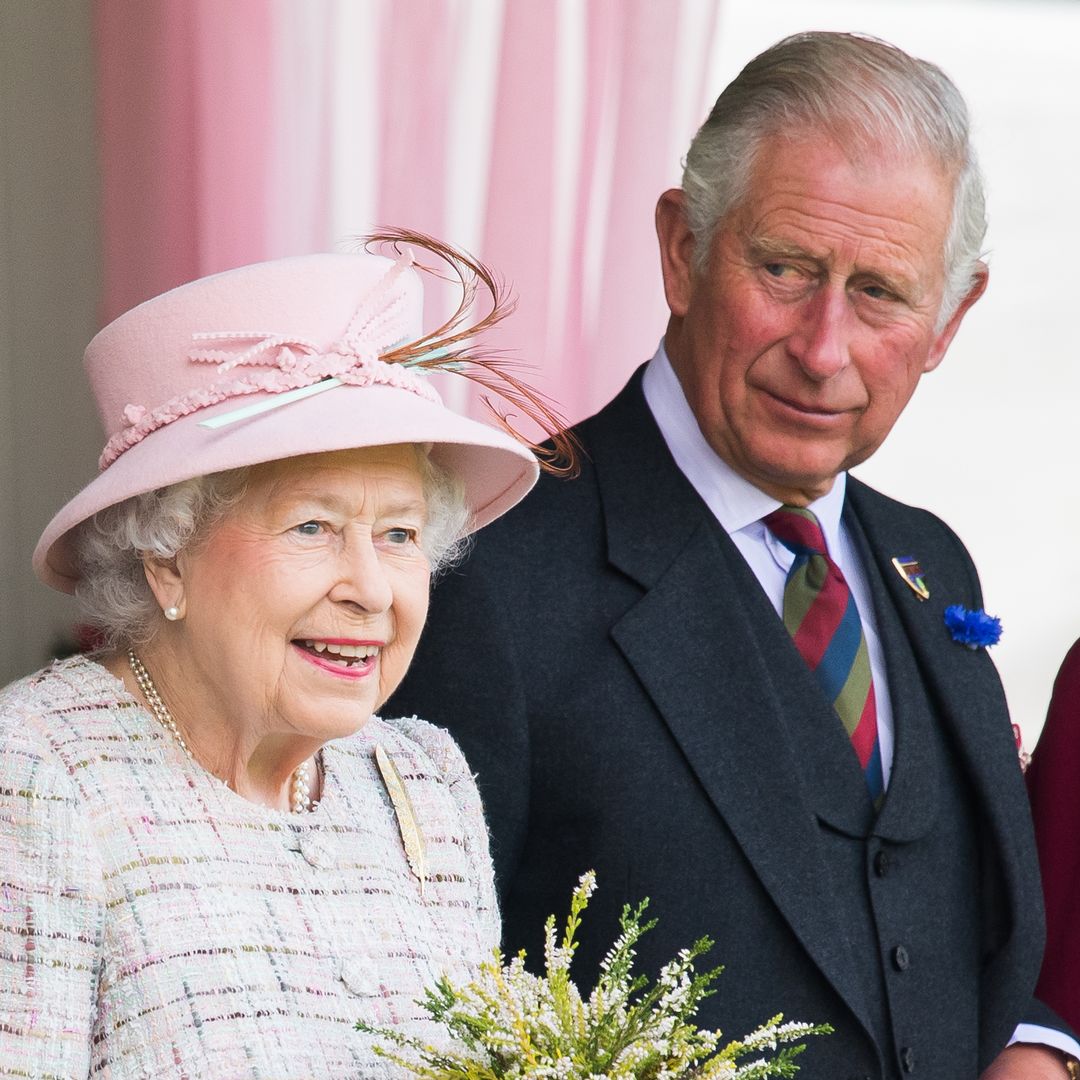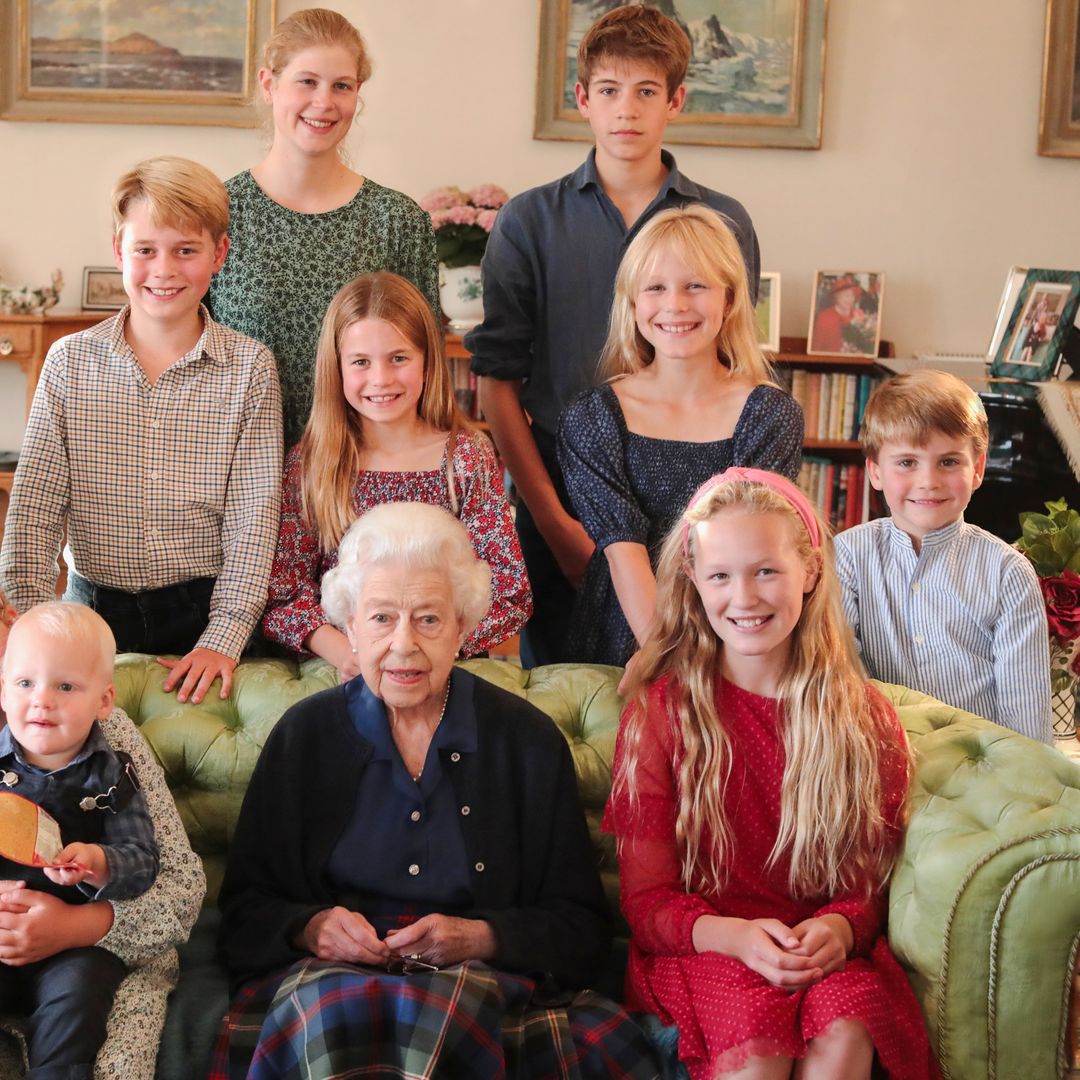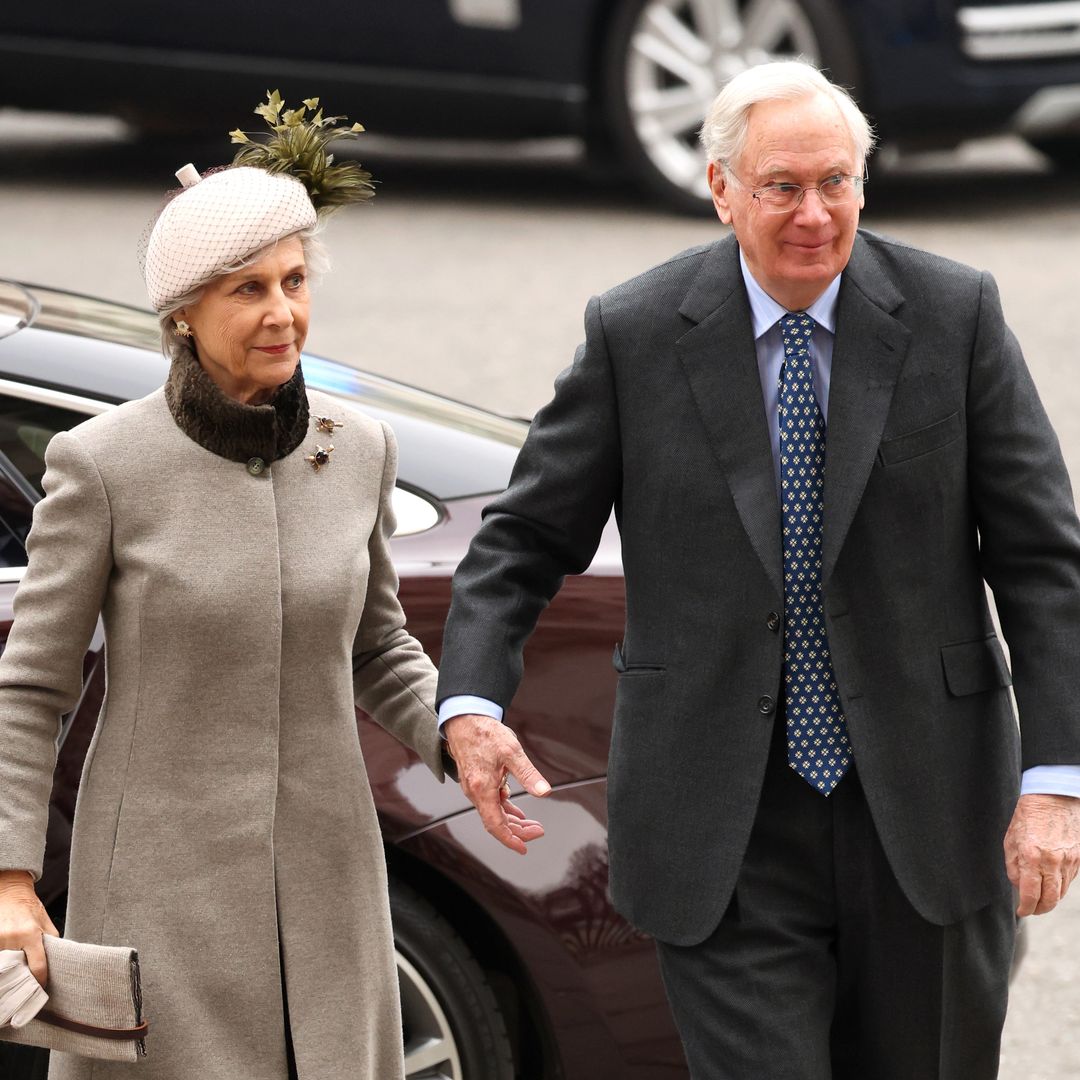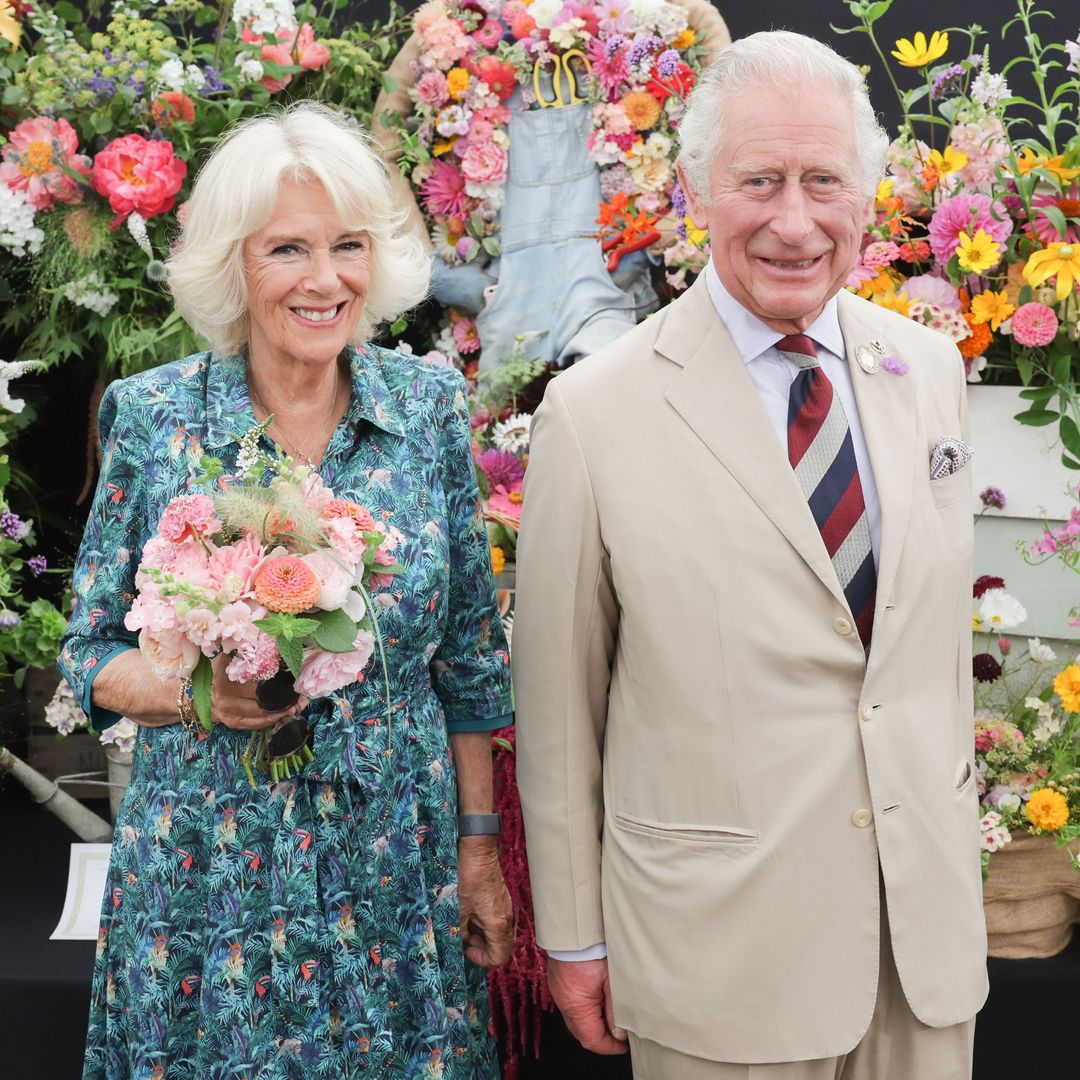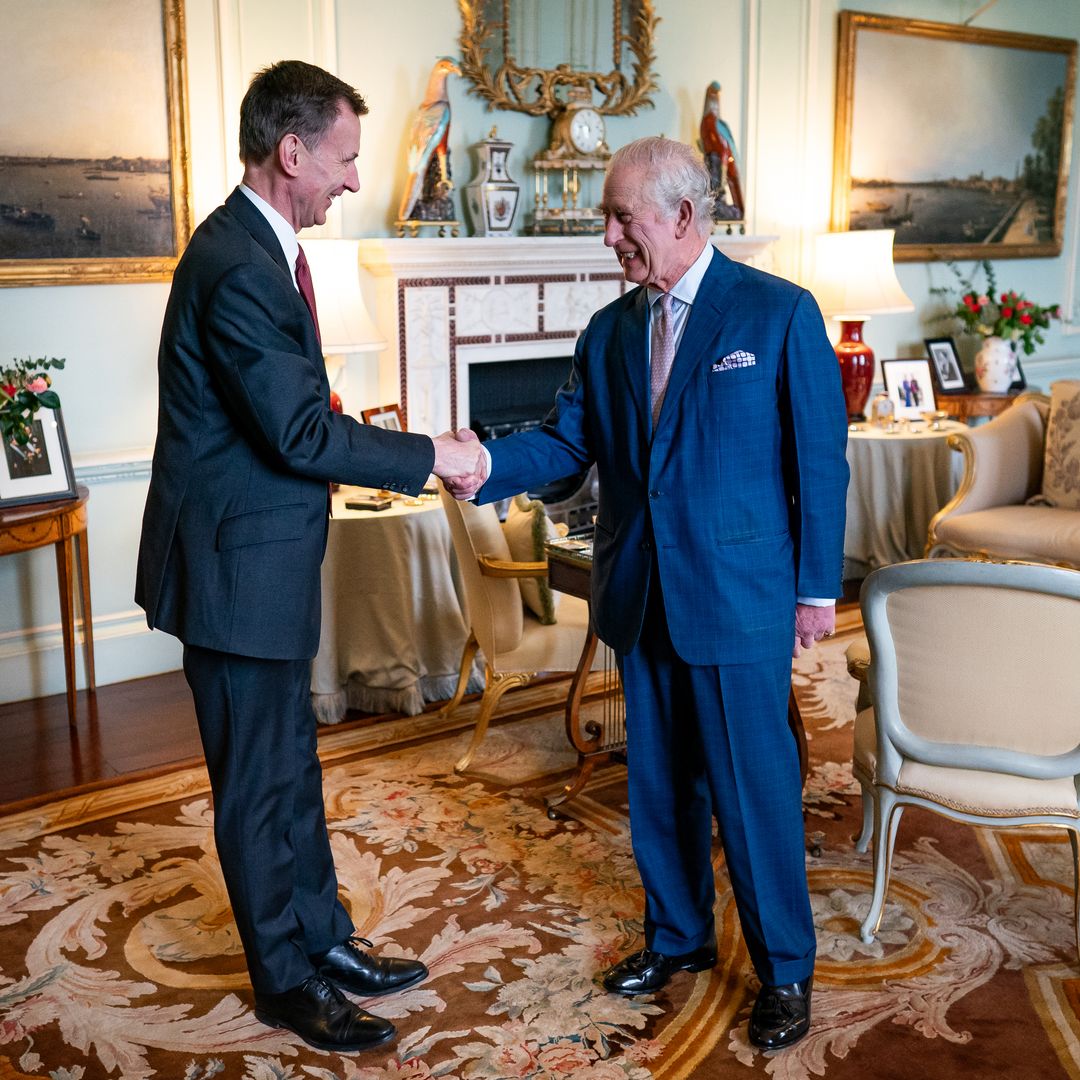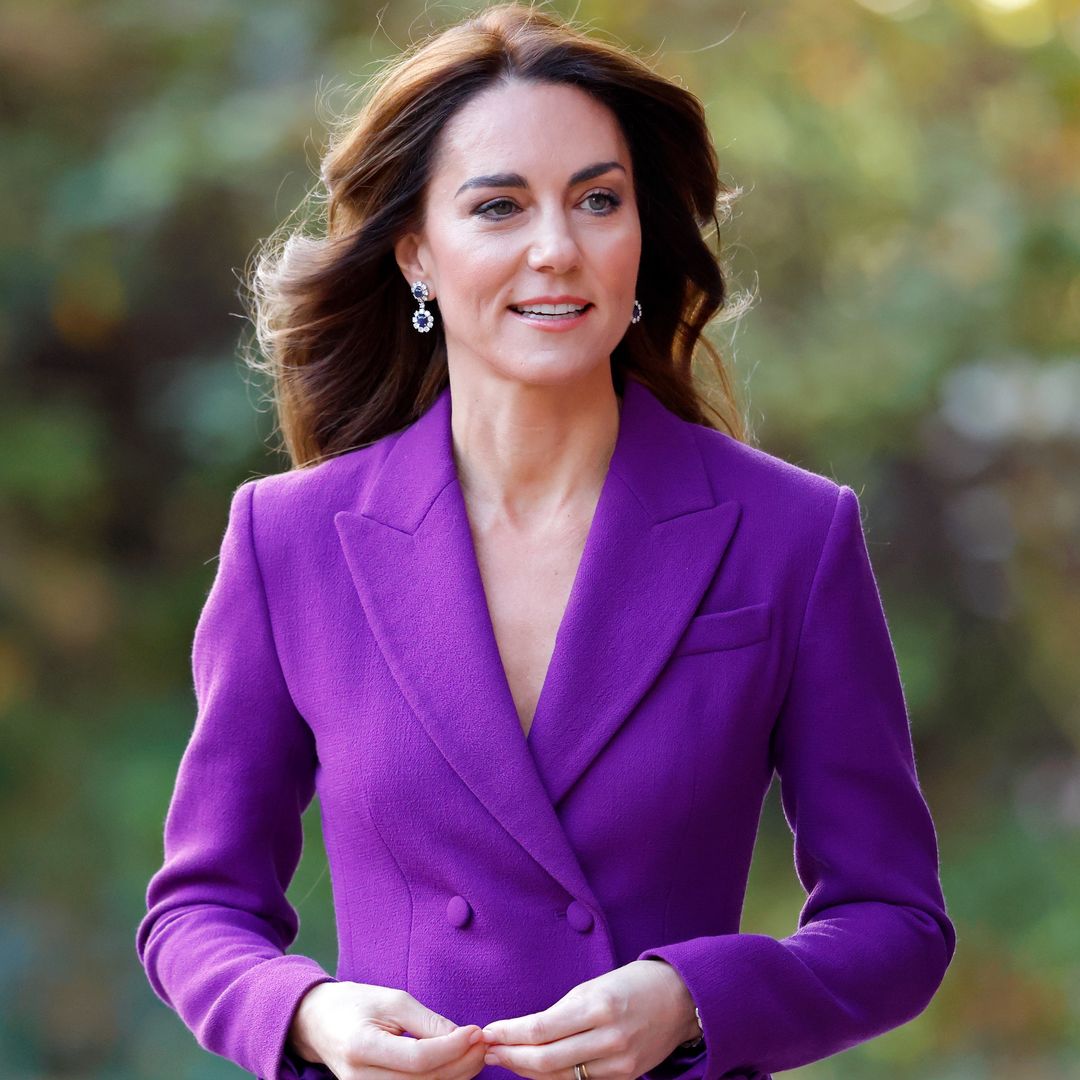Millions of people around the nation will, or have already, cast their vote to determine the next Prime Minister on Thursday 8 June. But one high-profile family who will not be heading to the polling station is the Queen's. By law, the Queen is entitled and well within her rights to vote. There is nothing written in British law barring her from taking part in an election, but it just isn't the done thing.
General election: rules on what you can and can't do at polling stations
According to the UK parliament website, "Although not prohibited by law, it is considered unconstitutional for the monarch to vote in an election." On the royal family's official site, Her Majesty's unbiased role in Parliament is explained further. As Head of State, the Queen is expected to "remain strictly neutral with respect to political matters, unable to vote or stand for election."
It is considered unconstitutional for the monarch to vote
Who the celebrities are voting for
However, the monarch does have important ceremonial and formal roles in relation to the UK government and the election process. The day after an election, she invites the leader of the party with the most seats to form a government, made of either their own party or a coalition. The royal family's official website continues to explain: "The formal phrase 'Queen in Parliament' is used to describe the British legislature, which consists of the Sovereign, the House of Lords and the House of Commons. The Queen's duties include opening each new session of Parliament, granting Royal Assent to legislation, and approving Orders and Proclamations through the Privy Council."
Dogs at polling stations is the best thing about the General Election
It goes on to say that the Queen has a special relationship with the Prime Minister, and has the "right to appoint and also meet with him or her on a regular basis". The explanation concludes: "In addition to playing a specific role in the UK Parliament based in London, the Queen has formal roles with relation to the devolved assemblies of Scotland, Wales and Northern Ireland."
